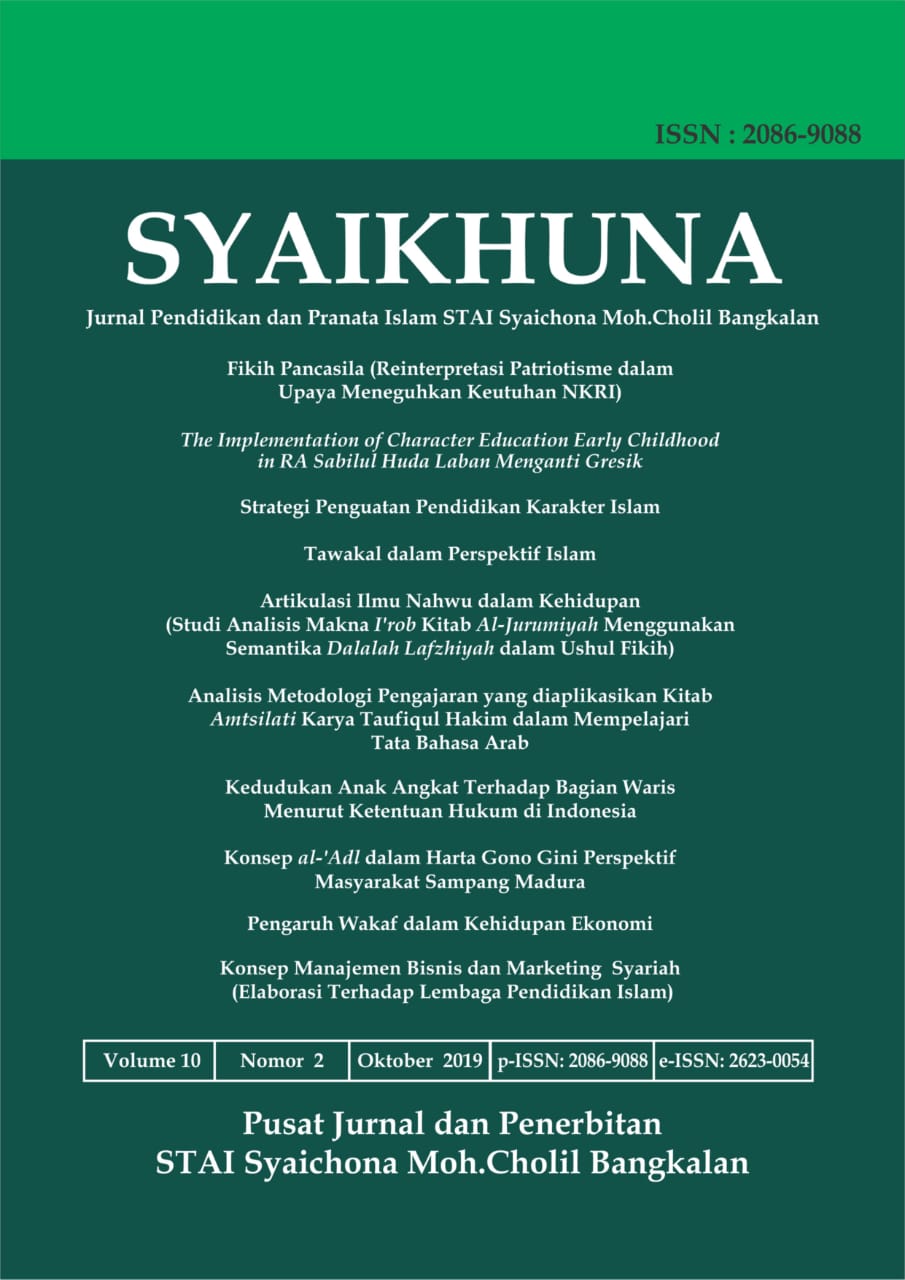Pengaruh Wakaf dalam Kehidupan Ekonomi
DOI:
https://doi.org/10.36835/syaikhuna.v10i2.3728Abstract
Waqf has taken root and become a tradition of Muslims in various countries. Waqf is one of the main pillars of the development of Islamic society, because most of the houses of worship, Islamic schools and other Islamic religious institutions are built on waqf land. Waqf institutions which are sources of assets can provide benefits for all time. However, the productive collection, management and utilization of waqf assets in Indonesia is still small and lagging behind other countries. Likewise, the study of trust in Indonesia is still focused on the legal aspects of fiqh, and has not touched on the management of trust. Though waqf should be managed productively and produce results to the community, so that waqf property really becomes a source of funds from the community and contributes to the community. The waqf distribution model in Indonesia is still in the form of the construction of mosques, prayer rooms, schools, and other consumptive matters. The process can be developed to achieve better results, especially in the interests of improving the welfare of the Islamic Ummah. This consumptive orientation of waqf must move on to productive waqf which is widely developed in Islamic countries today.Downloads
Published
2019-10-29
How to Cite
Buhari, A. T. (2019). Pengaruh Wakaf dalam Kehidupan Ekonomi. Syaikhuna: Jurnal Pendidikan Dan Pranata Islam, 10(2), 263–274. https://doi.org/10.36835/syaikhuna.v10i2.3728
Issue
Section
Articles





